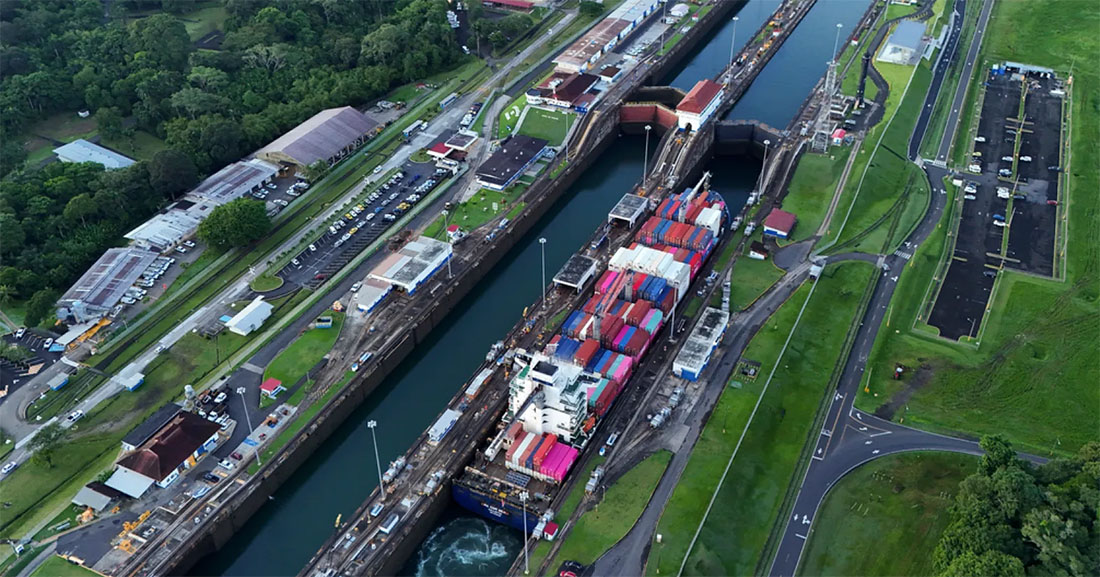Photo Credit: Getty Images
A diplomatic row erupted between Panama and the United States on Thursday when Panama's President José Raúl Mulino forcefully rejected U.S. State Department claims about free passage through the vital Panama Canal. The dispute highlights growing tensions over control and operation of one of the world's most strategic waterways.
"Why are they making an important institutional statement from the entity that governs the foreign policy of the U.S., under the president of the U.S., based on a falsehood?" Mulino demanded during a press conference, calling the situation "simply and plainly intolerable." The controversy began after the State Department claimed U.S. government vessels would no longer need to pay transit fees.
The Panama Canal Authority swiftly contradicted this assertion, confirming that all vessels, regardless of origin or flag, must pay tolls based on size and type. Mulino revealed that U.S. government vessels, including navy ships, currently pay between $6-7 million annually for canal transit, adding pointedly, "It's not as if the canal toll is breaking the economy of the United States."
U.S. Secretary of State Marco Rubio responded by calling the fees "absurd," citing the 1977 neutrality treaty that obligates the U.S. to protect the canal. While U.S. military vessels maintain priority passage rights under this agreement, the requirement for toll payment has remained unchanged since Panama assumed control of the waterway.
The dispute comes amid broader concerns about Chinese influence over the canal. President Trump has repeatedly claimed that China effectively operates the waterway, vowing to "take it back." Panama recently announced its withdrawal from China's Belt and Road Initiative, though Mulino emphasized this decision was made independently of U.S. pressure.
China's Foreign Affairs spokesman Lin Jian responded to the developments, stating that the China-Panama partnership was yielding "fruitful results" and urged Panama to "resist external interferences."
The 51-mile waterway, connecting the Atlantic and Pacific oceans, remains crucial to global maritime trade. While U.S. vessels have priority passage rights under the 1977 Carter-Torrijos Treaties, Panama maintains full operational control and sovereignty over the canal.
Mulino has scheduled a call with President Trump for Friday to address the escalating situation. Meanwhile, he has directed Panama's ambassador in Washington to take "firm steps" in rejecting the U.S. claims, emphasizing that the canal "is and will remain" under Panamanian control.


